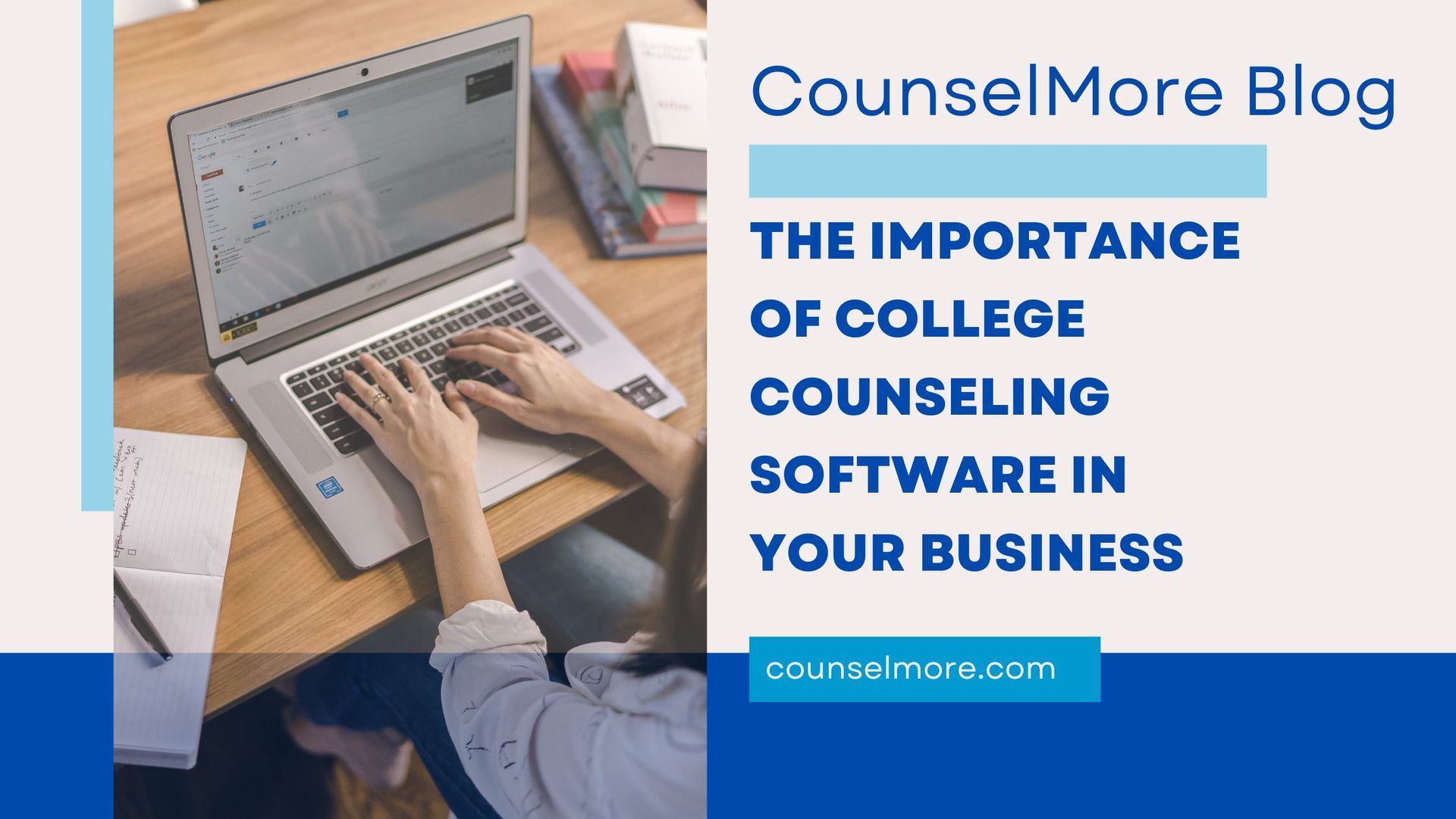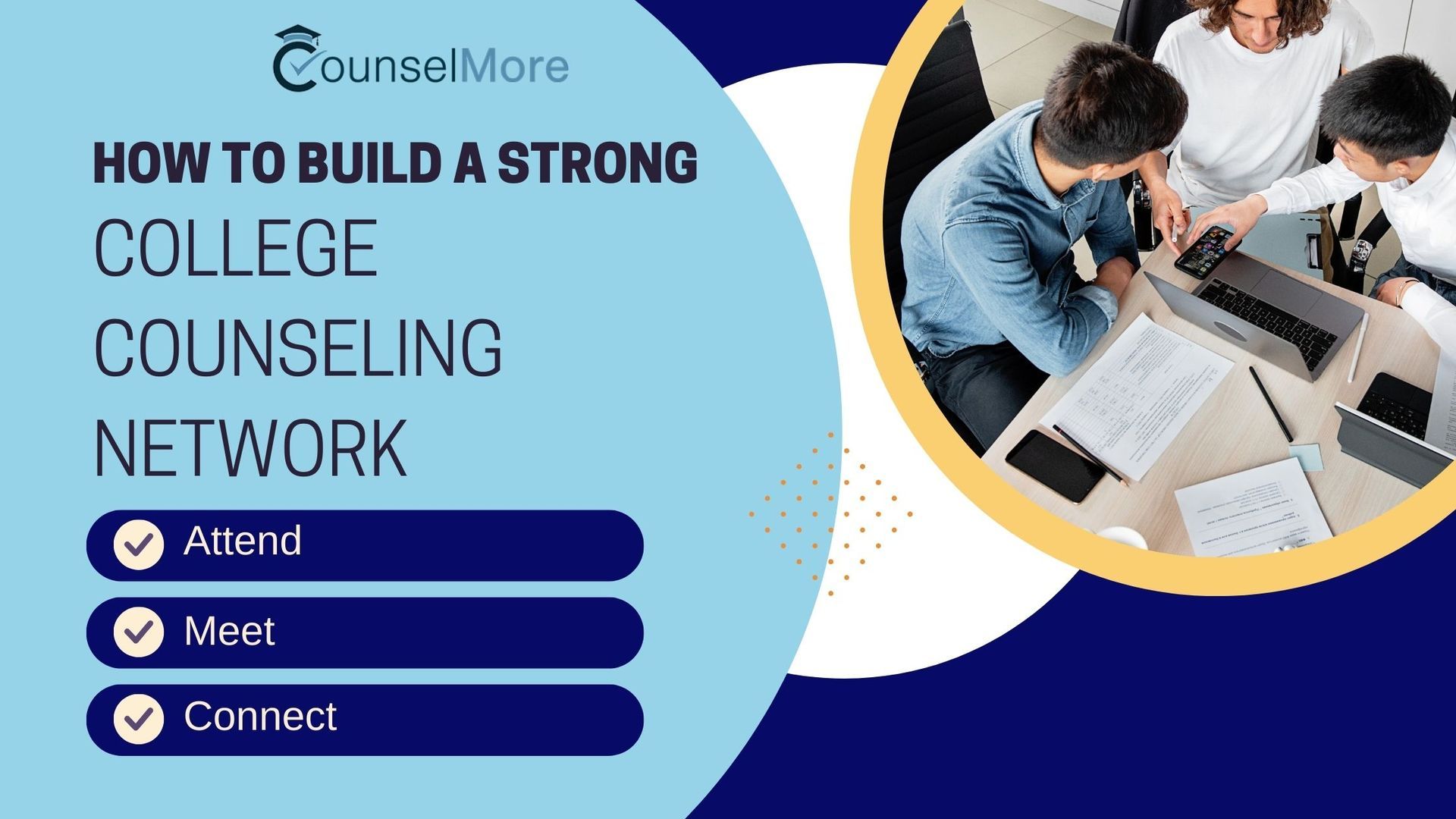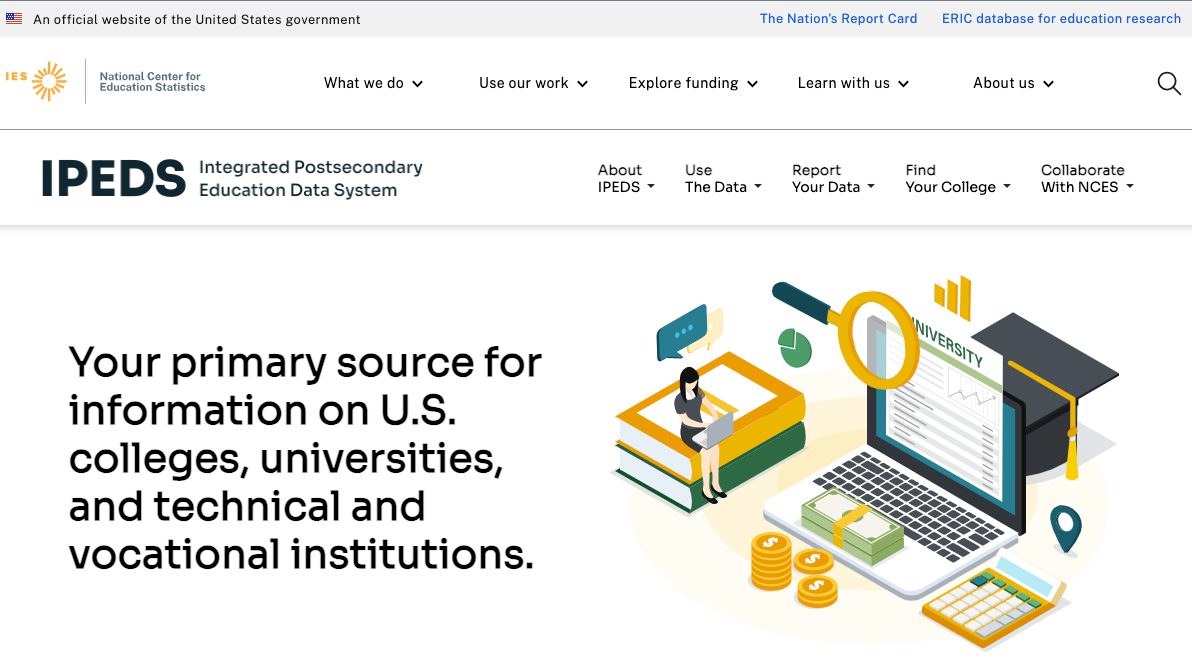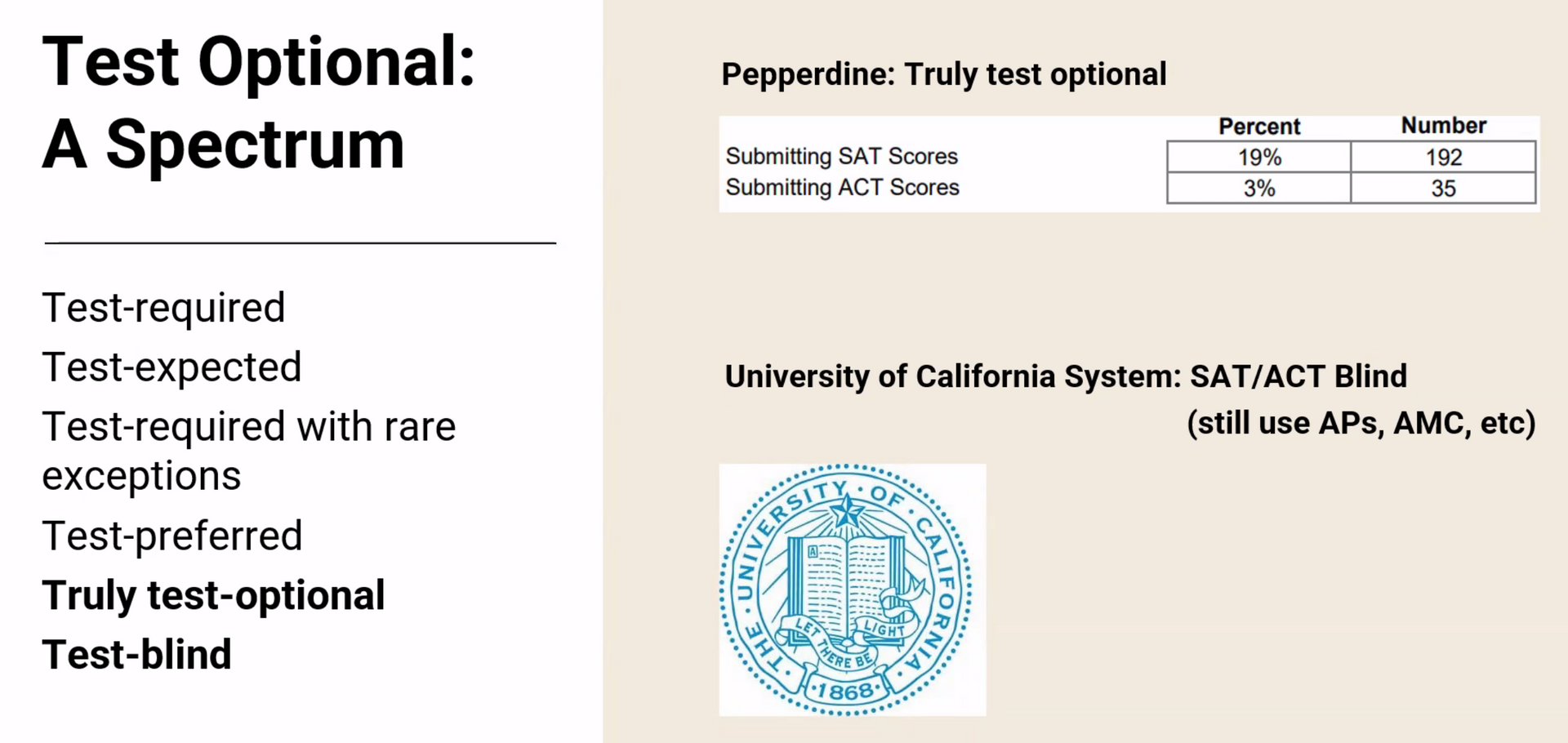I felt satisfied with how much I knew
about the higher education underbelly (enrollment management), that I thought I could open up shop. I’ve always been good at offering vision and scaffolded guidance but I eternally stink at
transactional relationships. I can haggle a price at a bazaar but beyond that I like everything straight forward. Tell me the rules and I'm happy. I hate sales, marketing, and the acts thereof. So getting my educational consulting practice off the ground was not smooth. I had to think different.
These are not the traits of a successful sole proprietor. I believed I didn’t have the natural instinct or mindset for business, which led me to start viewing my practice as a side gig. I scaled down my vision—charging less, taking fewer clients, and convincing myself that I didn’t need to worry about the business side because my practice was small and uncomplicated. For a brief moment, this approach seemed to make sense. Until it didn’t.
As it turned out, I’m good at what I do, and my client list began to grow. I found it hard to say no and took on more clients than I had planned. I started making adjustments based on each client's needs, spending far too much time helping without tracking my time. I struggled to differentiate between chargeable time and my own professional development, often setting my prices based on emotions rather than the value of my work. Then one year, my tax preparer said to me—these were her exact words...
“No more! This is ridiculous. You are actually losing money and working full time!”
I said, “But I don’t want this to be stressful and I’m just learning…” She snapped back, “Do you want to eat? Do you want your family to eat?! Make some money!”
Oh right! I completely forgot—this is a business! It was a wake-up call that I could no longer ignore. I knew I wanted to take on clients, and I enjoyed the work. It was time to get serious. I needed to own up to being a business owner and gather the skills necessary to do the job. With all the fire of enlightenment, I gritted my teeth and got to work! Ha!
No, I didn’t. Instead, I let this continue, unchecked.
I was my own worst enemy, undermining my entire vision. Early in my practice, I knowingly gave away my time. I was so shy about asking for payment that one family had to insist on handing me money before I even broached the topic. Another family gave me a pep talk one evening about how much I
should be charging. What a mess.
Times have changed, but getting there was anything but pretty.
I cleaned up my act. For each of my services, I have routine steps I take each client through. Because my delivery of services are mapped, I am able to formalize those steps and quantify for my clients where they are within their journey with me. When we reach the last step, we both know services have concluded.
Having these steps standardized allows me to free up my brain power for each student.
The quantifiable services (essays, LOR, resume) becomes routine and takes little of my attention away from the part I enjoy most, counseling. Charting my client’s journey through my services allowed me the opportunity to see my practice from a bird’s-eye view. From there I could identify steps and make those routine. Which provided more time and space for me to tailor my counseling per student.
Still, I felt unsteady out there, selling my product. It felt weird to provide
help and ask for payment. When a family wanted a discount or forgot to pay me, I floundered for how to respond. I took advice from colleagues who spelled it out straight in big bold letters - GET PAID. Still, I undermined myself. Then I remembered a tactic I have used in many other circumstances in my life. Fake it till you make it!
When I first started in student affairs I was a student myself. There was an emergency on campus that ended with a room full of parents and the housing director introducing me to “explain” the happening.
No one would say I am shy but I was absolutely over-my-head, in that moment.
But, I pretended I was sure of myself. I faked it. Twenty Five years later, I barely think about it when I am in front of people. I figured it was this tactic I would use to master the business owner persona. My advice is, if you are feeling like an imposter,
I encourage you wholeheartedly to embrace being an imposter
and fake it, till you make it
When I felt like an imposter, it was because I was an imposter! I pushed myself to learn how to make my business workable and profitable, and that step brought structure to how my business operates. Yet, even after that, I still felt sheepish about owning up to being a business owner. The persona I aspired to embody was far more confident than I felt, so I pretended to be her.
Even today, I still feel like an imposter. I constantly seek out projects I want to be part of while simultaneously questioning if I’m truly ready.
My experience has taught me that
“ready” is an illusion.
The reality is, we have to step into the roles we aspire to, even if it feels like we’re just pretending at first. If you feel like an imposter, I’m proud to stand next to you. Let’s fake it and make it together!
Written by:
Margaret Rothe: Visionary Extraordinaire, Entrepreneur, and Founder of CounselMore 29 years of higher education experience, a Master of Higher Education Student Affairs, and owner of HigherGrounding, a college consulting firm; Margaret’s latest endeavor-CounselMore, breaking the black box on college admissions.



















